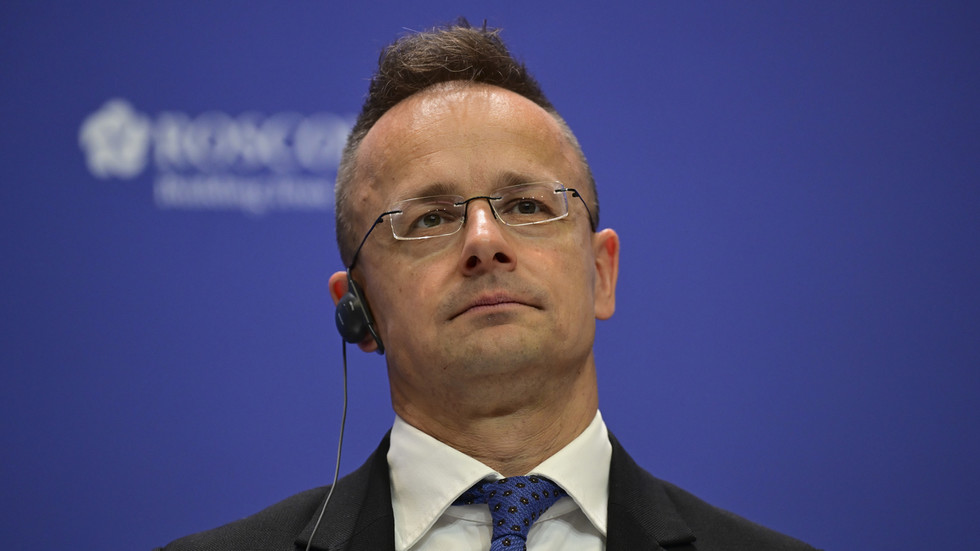NATO Membership Talks: Hungary and Slovakia Voice Concerns Over Ukraine’s Bid
As the conflict in Ukraine continues to ripple through international geopolitics, discussions about Ukraine’s potential NATO membership have intensified. Recent statements from Hungarian Foreign Minister Peter Szijjarto and Slovak Prime Minister Robert Fico highlight significant internal division within the NATO alliance, underscoring the complexity of Ukraine’s path toward joining the US-led military bloc.
Hungary’s Perspective on NATO’s Internal Dynamics
In a televised press conference, Hungarian Foreign Minister Peter Szijjarto raised concerns about the sincerity of NATO’s backing of Ukraine’s bid for membership. He claimed that many NATO countries, while publicly supporting Ukraine’s aspiration, express skepticism and opposition in private discussions. This, he argued, creates an "extremely unfair" situation for Ukrainians who are not being informed of the genuine positions held by some of NATO’s member states.
Szijjarto has been forthright in stating Hungary’s opposition to Ukraine’s accession, expressing fears that such a move could escalate into a global conflict, potentially triggering World War III. This position is not isolated, as it finds echoes in the broader regional skepticism of Ukraine’s membership ambitions.
Slovakia’s Cautionary Stance
Echoing Hungary’s concerns, Slovak Prime Minister Robert Fico has also publicly opposed Ukraine’s NATO aspirations. Having recently returned to office following the October 2023 elections, Fico firmly believes that Ukraine’s membership in NATO could destabilize the region further, potentially serving as a precursor to World War III. His position underscores a pivotal point: for Ukraine to join NATO, all 32 current member states must unanimously approve, meaning even a single dissenting voice can block accession.
"Under my leadership," Fico stated in a recent STVR interview, "we will not agree to Ukraine’s membership in NATO." This stance is indicative of a growing apprehension among certain NATO members regarding the strategic implications of Ukraine’s potential accession.
Ukraine’s NATO Aspirations Amidst Ongoing Conflict
Ukraine’s formal application to join NATO in September 2022 was largely seen as a move to solidify its defenses amid ongoing hostilities with Russia. Despite public affirmations from several Western states about supporting Ukraine’s ambition, there remains a notable absence of a concrete roadmap or timeline for accession. Ukrainian President Volodymyr Zelensky has acknowledged the challenges, stating in July that Ukraine’s NATO membership is unlikely until the conflict with Russia concludes.
The discord among NATO members regarding Ukraine’s membership highlights the intricate balance of geopolitical interests and regional security concerns. As Ukraine continues to navigate its conflict with Russia, its path to NATO remains fraught with both diplomatic challenges and strategic deliberations.
For more information about Hungary’s foreign policy, visit the official Hungarian Government website.
